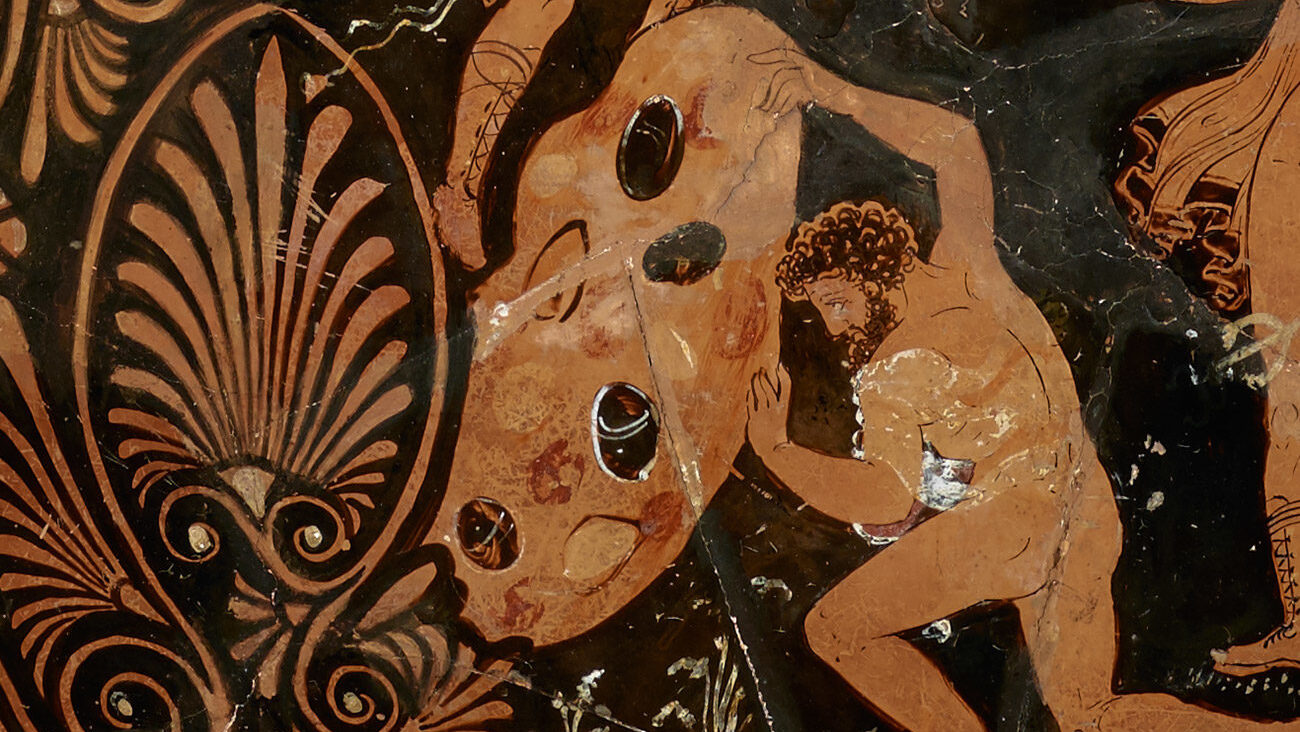Fully 36% of the residents of Ida-Virumaa are citizens of Russia. This is deemed to be a serious concern of those who see Russia’s interference as agitating for an anti-Tallinn posture. But the people of Narva have enjoyed full liberties and freedoms since the collapse of the Soviet Union 25 years ago. They have embraced the benefits of a civil society and Moscow wouldn’t be able to cope with their expectations. They know that picketing city hall, criticizing the country’s leadership or organizing a viable opposition will not bring down the wrath of the government, trumped up charges, loss of property etc. In fact some have even suggested that Ida-Virumaa can be like a debilitating virus for Russia with people who see disagreement and protest as part of normal life. Their presence can disable the effectiveness of Moscow’s massive propaganda effort. For this reason Russia could very well want to defend itself from the ‘adverse’ political and social influence that Ida-Virumaa’s free society could bring.
It’s been said that a serious separatist movement in Ida-Virumaa has never developed. The region has never identified a charismatic, popular leader in the area, capable of emboldening and leading an organization with which to be reckoned as has been the case in Catalonia.
Russia has been able to influence the under-developed societies in Crimea, South Ossetia and Abhazsia and basic human rights are still practically absent. Narva in contrast can be considered to be a Western European city with residents expecting rule of law and the full range of civil protections.
One must admit that Narva, when compared to other Estonian cities, has not developed as successfully, with its pot-holed roads, lack of quality housing etc. But in contrast to Ivangorod across the river, Narva is a resident’s paradise and Narva citizens are well aware of this.
While their hasn’t been signs of any significant encouragement of Catalonian separatists from foreign powers, the Estonian Russian-speaking population has been targeted by Russian propagandists for years. One may recall the referendum that was organized by Russian intelligence services and their embassy, and held in 1993 in Russian-speaking cities of Ida-Virumaa. It was a political farce that failed miserably. Observers have thus analyzed the possibility of a referendum being held in Ida-Virumaa now. Some see this as clear interference from Russia. The Ida-Virumaa territory, by itself has ever been under the rule and control of Russia and thus is a non-entity in ethno-political terms. Where Catalonia is a defined historic region within Spain, Ida-Virumaa has no history of self-determination. Any overtures from Russia would be blatant aggression.
There hasn’t been any signs of a planned Russian military aggression intended to ‘separate’ Ida-Virumaa from Estonia. But a familiar scenario, similar to events in eastern Ukraine, is often the focus of concerned Estonians: the capability of Moscow inciting violence in the region. Violence inflames passions and passions are exactly what Russia needs to justify its intrusion in the name of defending the Russian-speaking local population. It’s a fantasy scenario that hopefully remains so.
Laas Leivat, Toronto


